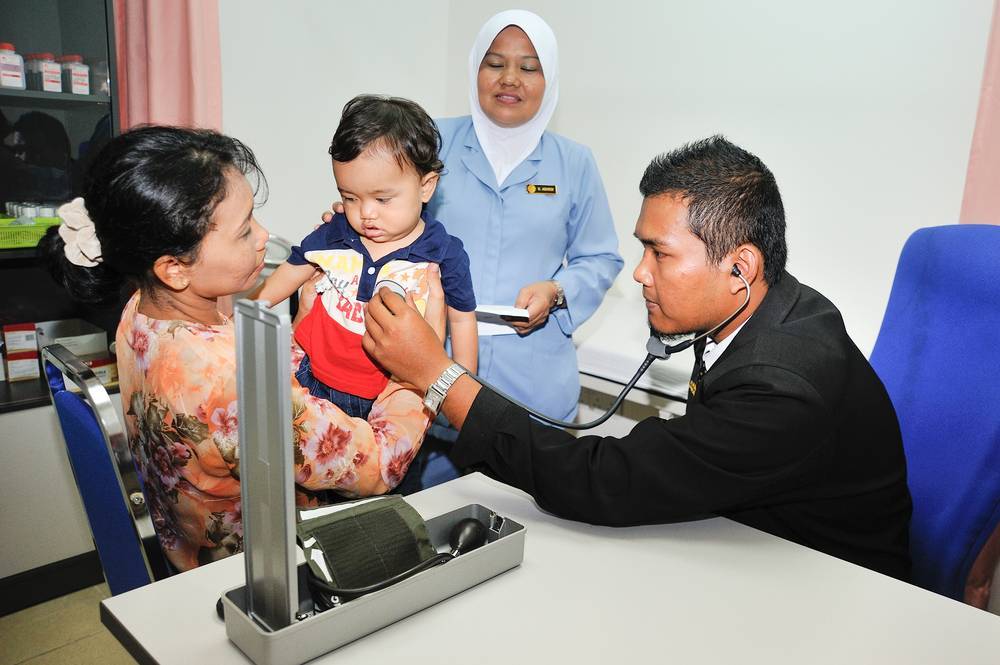In a recent development from Putrajaya, the Court of Appeal has overridden the High Court’s earlier decision.
Their judgement ruled that doctors can prescribe Ivermectin to patients as per the Poisons Act 1952 and the Poison Regulations 1952.
Backstory: The Ivermectin Debate
The situation began escalating when health officials, two years ago during the pandemic’s peak, seized Ivermectin from a clinic in Ampang managed by Dr. Che Amir. The apprehension occurred after two patients reportedly exhibited extreme symptoms following Ivermectin consumption.
However, the essence of this case is more than just the drug’s efficacy against Covid-19. It majorly highlights the intricacies of the Poisons Act and its implications on doctors’ ability to treat their patients.
High Court vs. Court of Appeal: The Legal Tug-of-War
Previously, the High Court had aligned with the government’s viewpoint, dismissing the case. They perceived the case as an indirect challenge against the ongoing investigation and prosecution. However, the Court of Appeal, has provided a differing verdict. They have directed the government to compensate the appellants RM30,000, thereby affirming the doctors’ pre-established rights.
The Crux of the Legal Battle
This landmark ruling emerged from an appeal initiated by Dr S Vijaendran and Dr Che Amir Farid Che Isahak. The appeal revolved around two questions:
- Are registered medical practitioners legally permitted to dispense Ivermectin as a component to their patients under the Poisons Act 1952 and the Poisons Regulations 1952?
- Can these practitioners provide Ivermectin to their patients for medical treatment in compliance with the specified act and regulations?
Answering in the affirmative, Justice Abu Bakar Jais stressed that this case was not about endorsing Ivermectin as an alternate remedy for COVID-19. Instead, the focal point remained the medical practitioners’ right to rely on their professional judgement, especially concerning medicines listed under the Poisons Act, which counts Ivermectin among them.
Malaysia’s Stance on Ivermectin
The debate and research concerning Ivermectin’s efficacy in combatting COVID-19 continue to grip the Asian medical community.
In 2021, the Health Ministry of Malaysia presented its stance by stating that their clinical trial on Ivermectin, involving 500 COVID-19 patients, didn’t demonstrate any notable advantages against severe COVID-19 manifestations. Consequently, doctors were advised against recommending or selling Ivermectin explicitly for Covid-19 treatment.
Final Thoughts
The recent ruling doesn’t necessarily establish Ivermectin’s role as a definite remedy for COVID-19. Instead, it underscores the importance of trusting doctors to make informed, professional decisions regarding their patient’s treatment. Simuteneously, they are expected to adhere to existing regulations. As Malaysia, and indeed Asia, navigates the ramifications of the pandemic, such a verdict accentuates the delicate balance between medical discretion and regulatory guidance.

